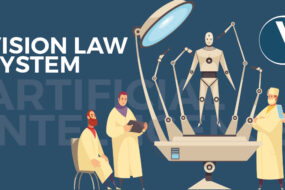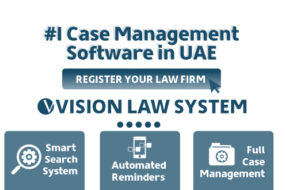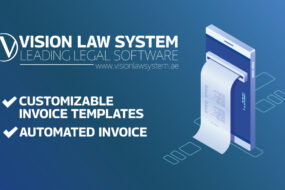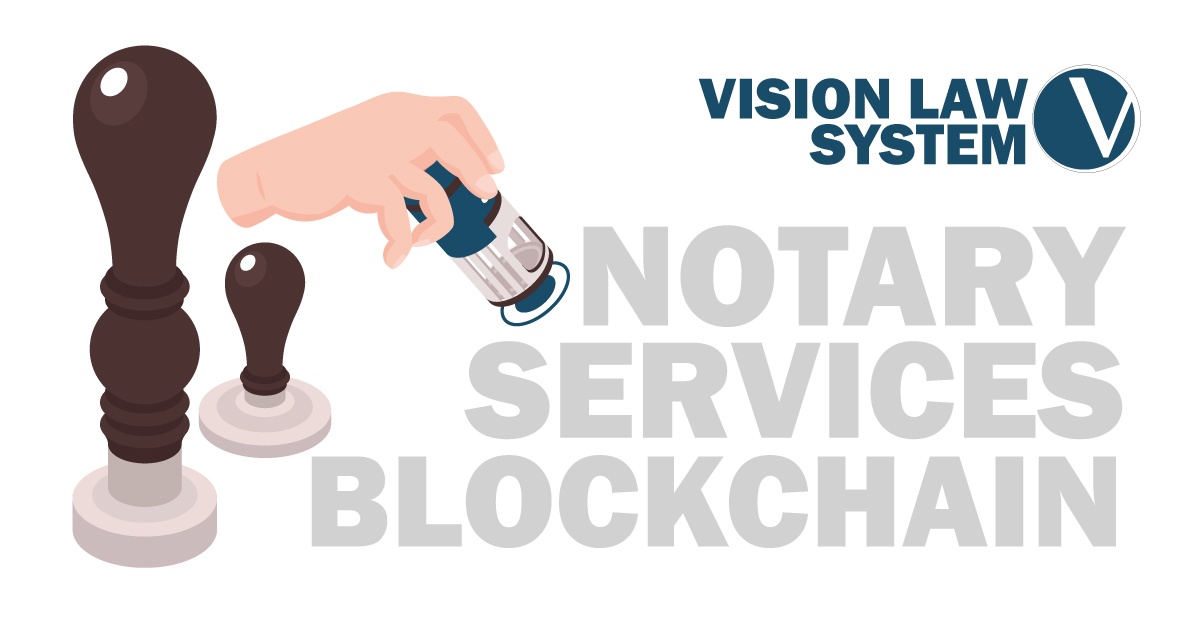
Introduction
I’ve never imagined that blockchain will be incorporated with the word “Legal” ever, because blockchain technology has long been sparking debates on its quest to prove its credibility to transform different industries including the legal sector, especially the legal sector. The way blockchain intersects with the legal industry right now was such a distant concept years ago due to solid skepticism.
Now that the landscape of technological innovation continues to evolve, the people in the legal industry are starting to recognize the potential of blockchain and the benefits legal practitioners can take by utilizing it, technology in general is rapidly improving with legal software tools as well being made to make tasks easier for lawyers.
Blockchain Making Legal Sector Accessible
Embracing blockchain technology can go beyond efficiency, imagine a legal operation with enhanced transparency where you can create a decentralized ledger that is easily accessible to all parties involved, streamlined processes that simplifies legal processes and reduces the complexity of legal procedures, empowered clients by giving them access and more control in their legal matters and broadened global reach that simply allows everyone global accessibility just like having a legal software tool especially for lawyers to easily engage in cross-border transactions seamlessly.
It sounds so dreamy if you come to think about it.
Makes you want to look forward more to a brighter future of blockchain technology and the legal industry.
Crypto and Blockchain Lawyers
Lawyers see blockchain as a game-changer technology, mainly because it can be used because of its unparalleled security and transparency though of course the benefits are considered numerous. I think the best thing you can get out of this technology is the way blockchain reduces the risk of document tampering and the way it builds integrity of legal records.
This way, clients’ trust is improved as they appreciate the security and efficiency in handling their legal matters.
To put it simply, blockchain in law is a revolutionizing adoption of technology advancement.
Will Lawyers Accept Crypto?
To be honest, I’ve traded and held cryptocurrency for years but I never really tried or urged my employers to give my salary in the form of cryptocurrencies – First, because years ago a lot of people still cannot grasp its concept and I still have to pay my bills and buy necessities. Second, employers themselves don’t have crypto to give and are not open to the idea of giving cryptocurrencies to pay their employees labor work.
But I get the idea, though receiving or accepting crypto isn’t just about giving and taking.
Lawyers accepting crypto must consider a lot of factors.
In today’s era, lawyers are allowed to accept cryptocurrency for their legal services and it’s a change that reflects the growing landscape of payment methods – but are they willing to navigate the complex regulatory frameworks associated with its transactions?
Believe it or not, checking google news everyday to see what changed in the regulations for crypto in each country is honestly giving me a brain aneurysm.
Let’s talk about the tax implications. If you’re lacking in comprehension when it comes to taxes, you sure are in the wrong side of the road because the legal obligations when using crypto for any type of legal services needs a long patience and a solid understanding, otherwise you’d be left in the middle of the sahara desert in the crypto world.
This is a hard topic to cover, and now it makes me wonder if legal software tools like Vision Law System, Lawsyst or Zoho are already thinking of adopting crypto in their systems.
How is Blockchain Being Used in the Legal Industry?
The scarcity in the initiatives to actively push forward blockchain-related bills is still massive, and this is a void that is seen as a potential obstacle to the widespread adoption of blockchain in the legal industry.
Of course, the main reason for this is because of the decentralized nature of blockchain that generates widespread uncertainties and adds another layer of complexity.
While it’s understandable that legal practitioners, stakeholders, businesses and technology developments are hesitant to fully embrace blockchain solutions until there is a more in-depth regulatory guidance. It is also important to know that important inroads are gradually taking place since 2023, with various legal applications and use cases being explored including the use of smart contracts for automation and ensuring the integrity of legal agreements, document verification and authentication, and for increased transparency and efficiency in legal processes.
It may be too early to say this and the adoption of blockchain is still in its early stages but the efforts being made to make it a possibility is something to look forward to.
Notary Services using Blockchain Technology
Let me get straight into it, using hashes in the blockchain technology can be used to authenticate documents more efficiently – additionally public and private keys can also be used to verify the owner of a document.
However, the notary public cannot easily be replaced by blockchain without the interference of the government as notary is their official – and once it does, expect some large and costly institutional changes.
In my opinion, blockchain in notary services sounds like a lot of work but it would be revolutionary. There’s no big changes about this topic as of now but I see small initiatives that are underway to explore and implement blockchain-based notary services.
Maybe Vision Law System – a legal software tool for lawyers and legal professionals can take the first initiative? After all, they’re already providing notary services within their software, and they’re also utilizing artificial intelligence to enhance their “Smart Search System” feature. So much talk about technology advancements that they might as well enter the blockchain sector and be the pioneer in the future of legal tech.
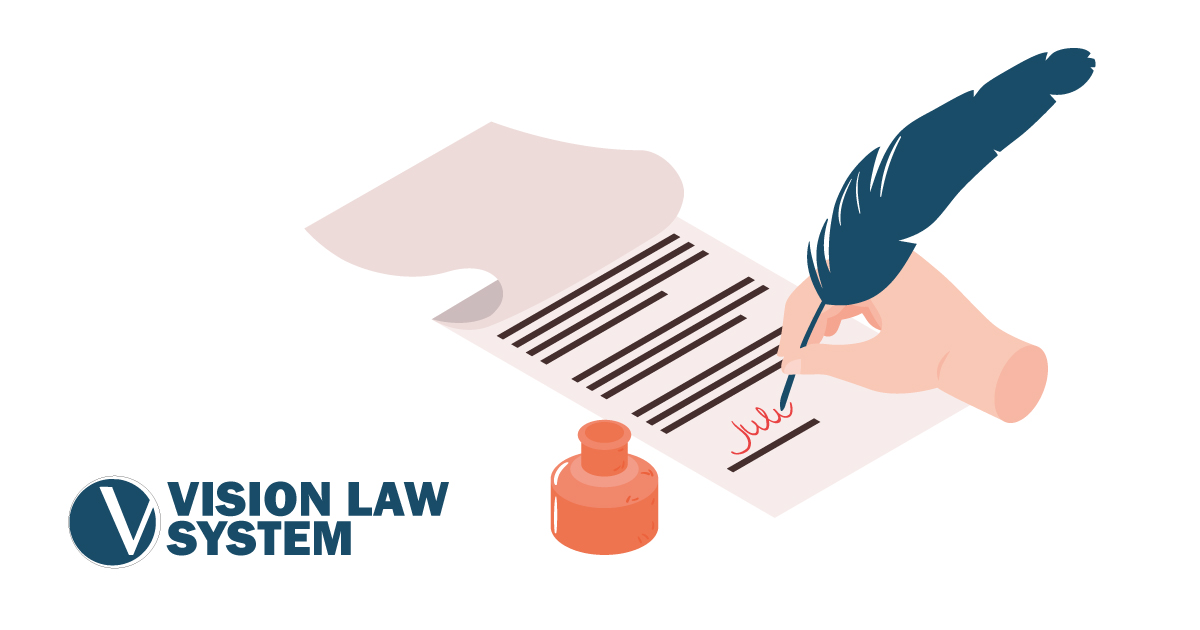
Blockchain Legal Jobs
And speaking of legal tech, has anyone noticed the increase of lawyers dealing with blockchain technology?
A decent amount of blockchain lawyers are already working in the field, their main responsibilities primarily includes advising clients on regulatory compliance to help everyone navigate through the complexity of the regulatory landscape and ensure compliance with laws and regulations – yes, that includes taxes.
They also work with smart contracts exclusively by drafting and reviewing before they’re stored and replicated on the blockchain network, ensuring their security and making them tamper-proof.
Right now, the blockchain industry promises significant growth in legal careers and it applies to other industries as well. As long as technology evolves, so do your opportunities. Especially in the legal sector because of its diversity, where legal professionals can discover many roles perfectly suited for their expertise allowing them to explore and specialize based on their interests and skills.
Opportunities include giving consultation, to guide businesses and legal entities on blockchain integration, explaining its implications clearly or Legislative tracking which is a role that monitors and analyzes laws related to blockchain and cryptocurrencies.
What to expect from Blockchain and the Legal Sector?
As of now, the relation of blockchain technology and the legal sector remains a subject of ongoing debate and deliberation.
Anticipating the evolution of blockchain technology’s role in the legal sector will gradually evolve and will continue to mature as long as lawyers and legal professionals continue to stay curious and updated about the latest blockchain relevance.
Conclusion
The key takeaway from this article is that blockchain isn’t going away anytime soon, as it continues to become a transformative force for lawyers. The emergence of this technology has led to an increased role for lawyers in different areas, opening more doors for legal professionals to explore.
And as opportunities for legal practitioners evolve, software tools utilizing the latest tech advancements are also starting to emerge, making them an important part of the continued development in the legal tech sector.


